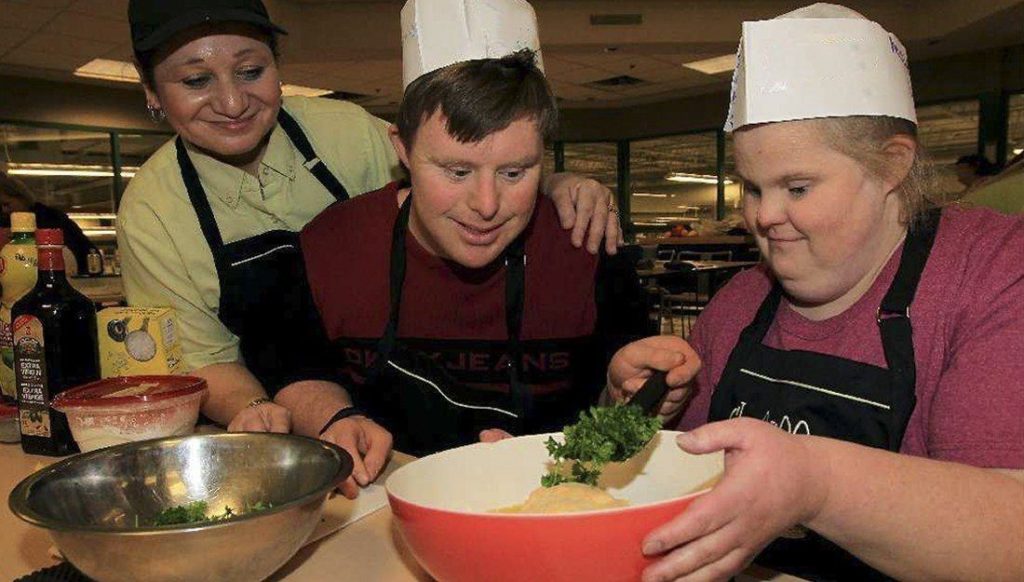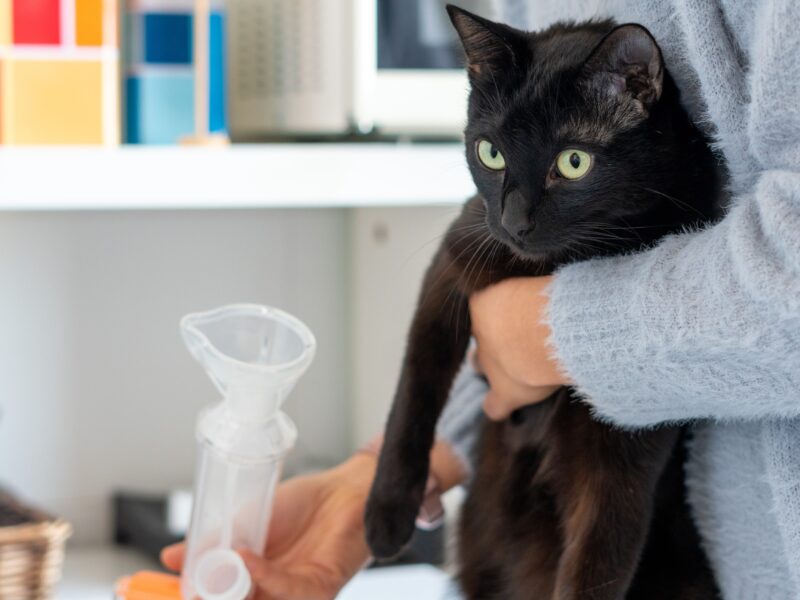
People with disabilities and special health care needs often face challenges in living independently while still receiving the specialized care they need. This is especially true for children and youth who are transitioning from pediatric care to adult care. About 15 percent of children in the United States have special health care needs that necessitate services beyond what the average child requires. Medical homes can give that level of care, but not all homes are created equally, and transitioning those children to adult care can be challenging.
Darcy McMaughan, PhD, assistant professor in the Texas A&M School of Public Health and director of the Program on Disability Research and Community-Based Care, is working on a new project meant to help Texas health care practitioners provide better transitions for children. McMaughan’s project, known as the Provider Assisted Care Transitions Tool, is funded through the Texas Department of State Health Services.
New Funding For SPED Student Scholarships To Create Quality Texas Teachers
Medical homes for children are judged by five criteria: the child having a personal care provider, usual sources of care, the ability to get referrals to other providers, family-centered care and effective care coordination. Nationally, only 43 percent of homes meet all five criteria, and Texas fares worse, with only 40 percent meeting these guidelines. For those transitioning to adult care, the last criterion is crucial, and yet only 35 percent of children and youth in Texas medical homes have discussions about self-care and changes to insurance, health care providers and health needs.
“This project aims to improve that figure by giving health care providers a tool to help guide the transition process. This tool will be developed using a multi-stage process that involves health care experts as well as patients and their family members,” McMaughan said. “The latter part is important because having people with special health care needs at the research table is crucial to creating a successful tool.”
During the development process, the research team will meet with family members of children with special health care needs, disability advocates and health care experts to create a tool that is useful for both patients and providers. From there, the transition tool will be tested in medical homes. McMaughan will evaluate the accuracy of the tool and the levels of satisfaction that all involved parties have with it. The research team will also aim to make the tool sustainable and widely available.
Once complete, the project will have produced something that will help assist doctors and nurses and improve the lives of a vulnerable population as they transition into adulthood. In addition, the tool aims to improve Texas’ ability to follow federal guidelines on transitioning from pediatric care to adult care.
“The overall goal is to make the transition as straightforward as possible so Texas children with special health care needs can receive the care they need and ensure transitions to a less restrictive and more independent way of living,” McMaughan said.
###
This story by Rae Lynn Mitchell originally appeared in Vital Record.



